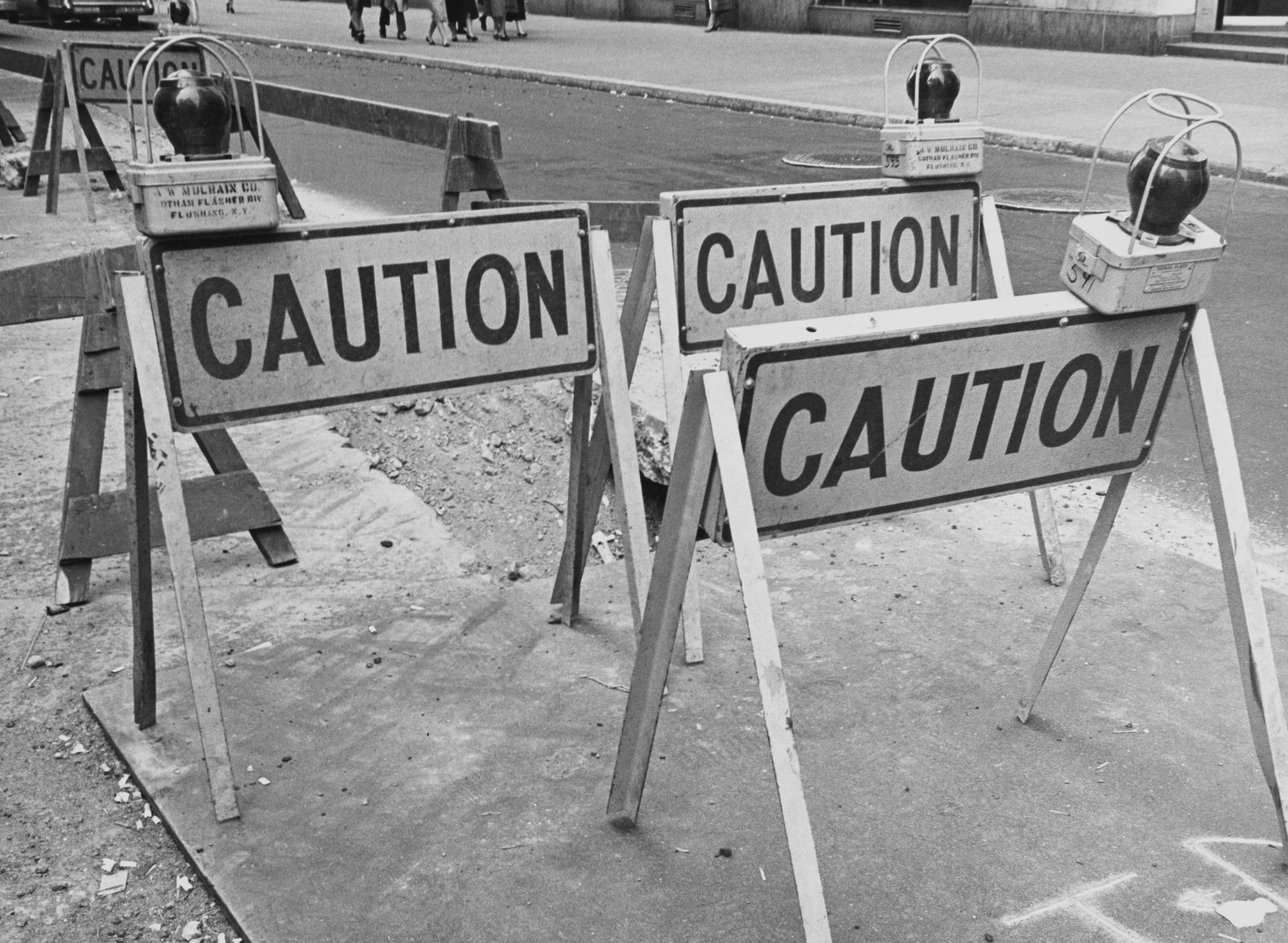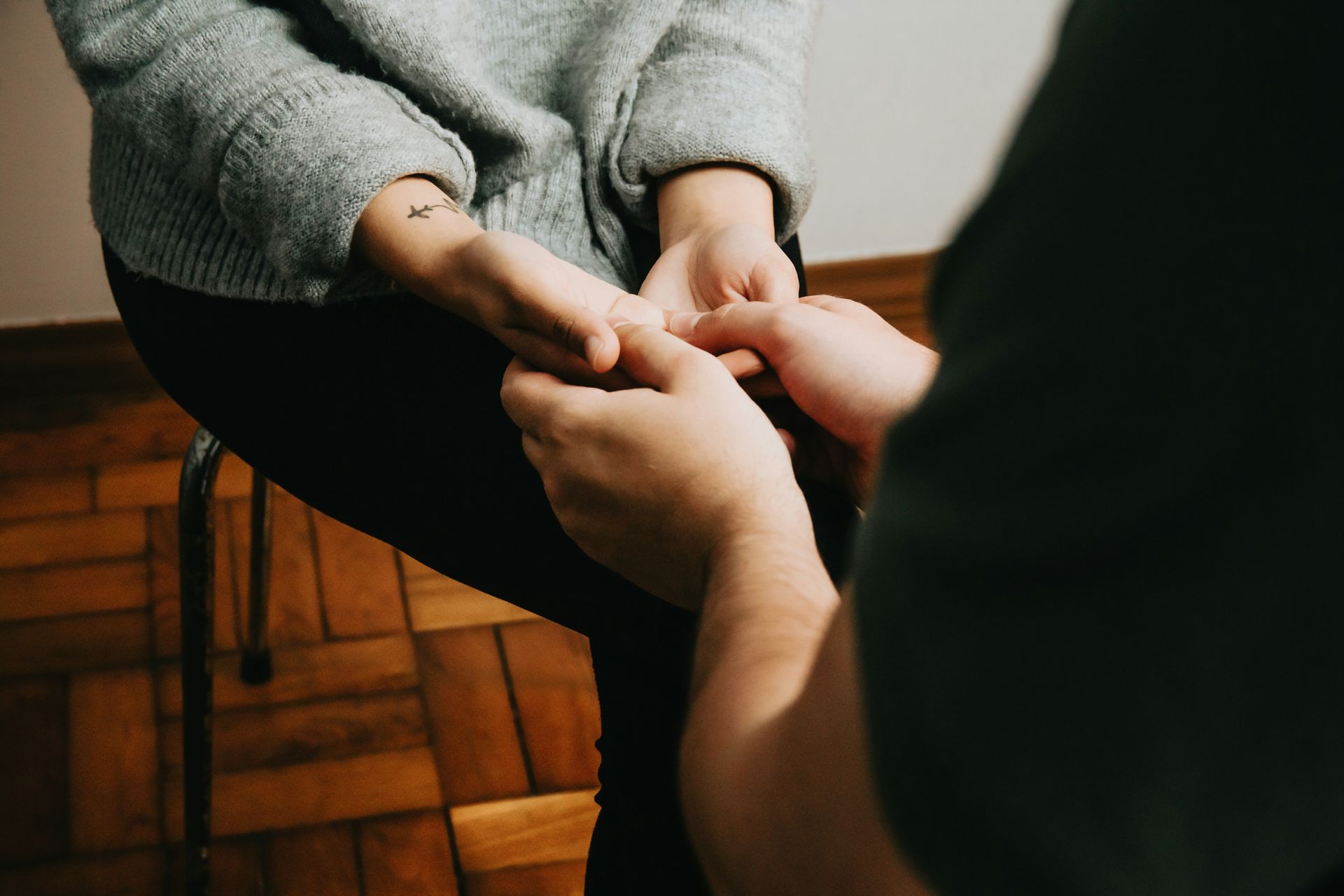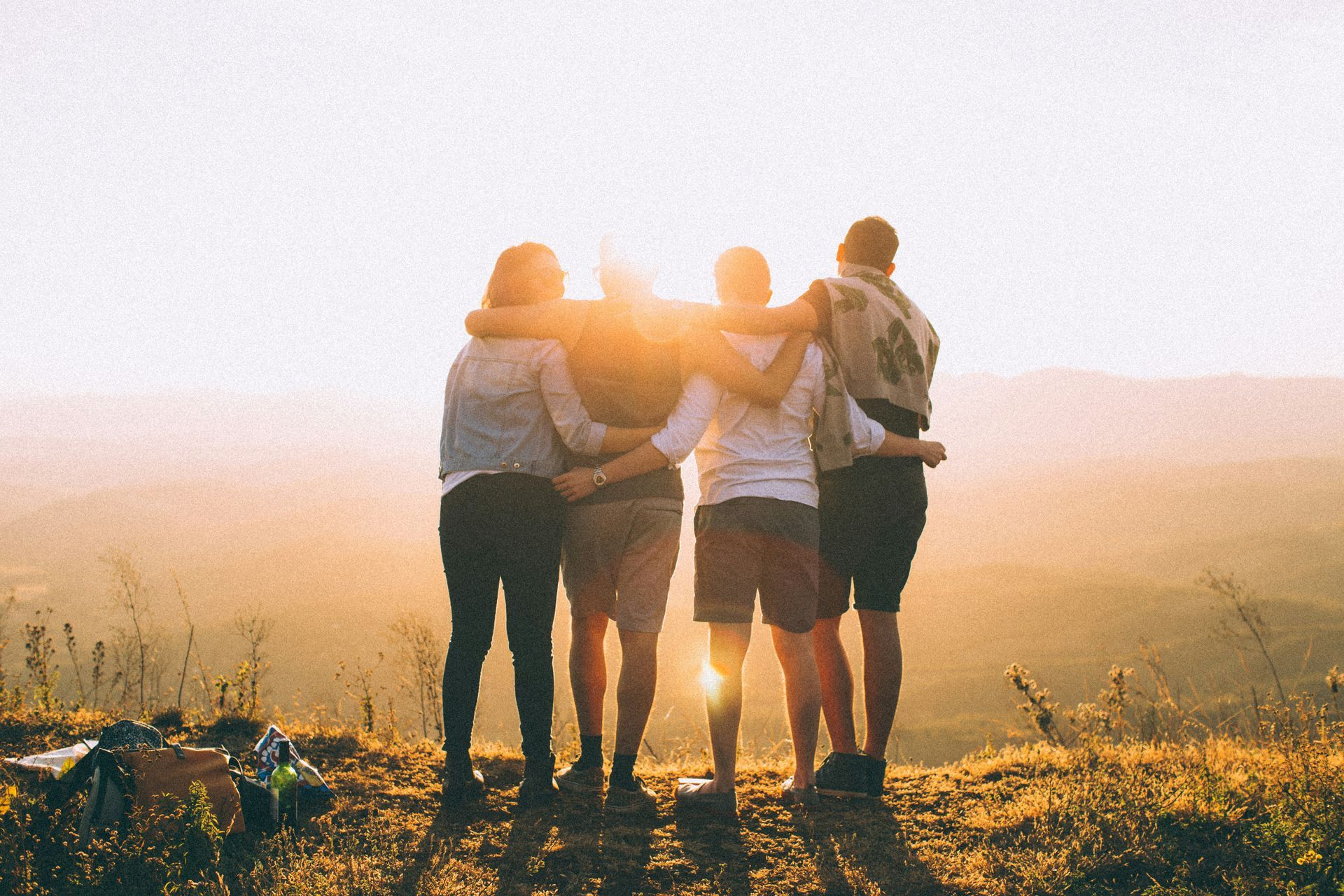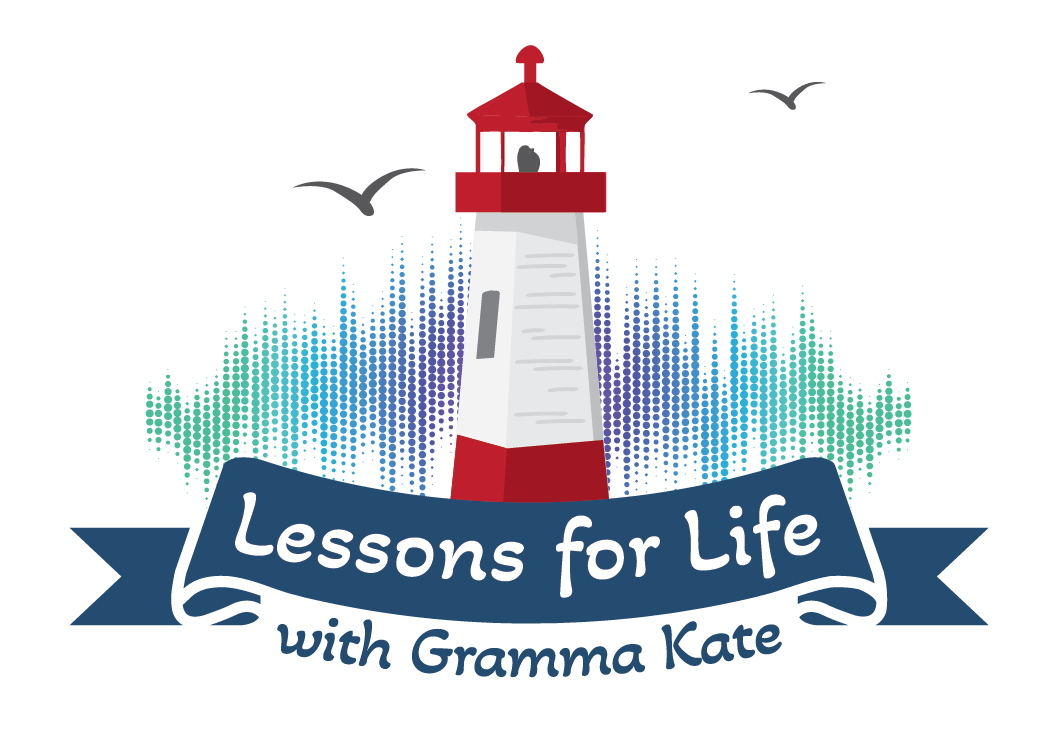Prefer to listen instead? Click the blue play button below.

Picture this: your spouse or your very best friend is standing directly behind you. You’re asked to fall backward, and they promise to catch you before you hit the ground. Would you? Do you trust that person enough to keep you safe?
That moment of hesitation—or lack of it—reveals more than you think. It’s the essence of emotional safety: the quiet confidence that you can trust someone to catch you, not just physically, but emotionally too. That’s the kind of trust emotional safety is built on—the calm knowing that you won’t be let down when it matters most. It’s knowing someone truly has your back, both literally and figuratively.
Think about this for a second—who would you trust to catch you if you fell? Because trust—absolute, deep trust—is the foundation of emotional safety in any relationship. Without it, we’re always bracing for impact.
The Inseparable Bond Between Trust and Emotional Safety
Trust and emotional safety go hand in hand — you can’t have one without the other. Emotional safety is that deep, quiet knowing that you can be yourself — flaws, fears, and all — and the other person won’t use it against you. It’s built on trust: trust that they’ll listen instead of judge, that they’ll stay when things get uncomfortable, and that they’ll protect what you share instead of using it to hurt you later.
But if you grew up in a home where trust was inconsistent — maybe love only showed up when you behaved, moods changed without warning, or feelings weren’t handled with care — your nervous system learned to brace itself instead of relax. You became hyper-aware of tone, silence, and body language because emotional safety wasn’t something you could count on. You learned to hold your breath before speaking, to rehearse conversations in your head, to scan someone’s face for signs of whether it was safe to ask for something.
That’s why it can be so confusing now. You might feel drawn to people who keep you guessing or make you work for closeness, because that’s what feels familiar — even though it isn’t safe. Real emotional safety actually feels boring at first — stable, predictable, almost too calm. Your nervous system doesn’t know what to do without the adrenaline of wondering where you stand.
The Uncomfortable Question: Are You Trustworthy?
Here’s the uncomfortable question most of us avoid asking: Are you trustworthy?
It’s easy to focus on whether others make you feel safe. It’s much harder to look in the mirror and ask if you’re creating emotional safety for them. The truth is, you can’t expect emotional safety while being emotionally unsafe to others.
Being trustworthy is about more than keeping secrets. It’s about being honest, reliable, and emotionally steady. It means following through on what you say you’ll do. It means not using someone’s vulnerability against them when you’re hurt or angry. It means listening to understand, not to defend. It’s about being consistent — not just showing up when it’s easy, but staying present when things get messy or uncomfortable.
The cycle of mistrust doesn’t break by accident. It breaks when you’re brave enough to ask yourself: Would someone feel safe falling backward with me behind them? Would they trust me to catch them — not just physically, but emotionally too?

The Cost of Living Without Emotional Safety
And if you’ve been living without emotional safety for too long, the cost is real.
Your body keeps the score. Constant hypervigilance — always scanning for danger, waiting for the other shoe to drop — shows up as anxiety, exhaustion, insomnia, and tension you just can’t shake. You feel like you’re always on edge, never fully relaxed, even in moments that should feel peaceful.
Your sense of self starts to erode, too. When you’re always questioning whether your feelings are valid, whether you’re too much or not enough, you slowly lose touch with who you really are. You become a shape-shifter, adjusting yourself to fit whatever feels safest in the moment. You forget what you actually want because you’ve spent so long managing everyone else’s reactions.
Living without emotional safety doesn’t just drain your energy — it drains your identity.
My Story: Nails Instead of Marbles
I grew up in a family where trust was betrayed constantly. If I shared my feelings or opened up about something personal, my mom would turn around and tell others — sometimes right in front of me. I can still remember the sting of embarrassment, the heat in my face, and the quiet voice inside that whispered, “Don’t ever do that again.” So I learned early on that being vulnerable wasn’t safe.
Over the years, that pattern followed me into other close relationships — people who said they cared, but used my vulnerabilities against me. Broken promises. Shared confidences. Passive-aggressive behaviour that kept me walking on emotional eggshells.
I’ve heard about the marble jar — the idea that trust is built one small marble at a time through simple, consistent acts of honesty and care. For example, when someone remembers something you said weeks ago and follows up to ask how things are going, that’s a marble in their jar. When you confide in them and they protect your confidence, another marble goes in.
But for me, it’s often felt like the opposite. Instead of adding marbles, I was collecting nails. Each time a promise was broken, each time my feelings were brushed aside, each time a sarcastic jab replaced kindness — another nail in the coffin. The relationships didn’t collapse overnight; they slowly suffocated under the weight of broken trust.
When you don’t feel emotionally safe, you learn to guard your heart, to edit your truth, to shrink yourself so you won’t get hurt again. Because you can’t build closeness where trust keeps dying — one nail at a time.
What Emotional Safety Actually Looks Like
Emotional safety is possible — and it begins with recognizing what it actually looks like. Once you do, you stop settling for anything less, even if that means starting by trusting yourself. Emotional safety isn’t something you can fake; you feel it in your body before you can even name it. It’s that steady calm, that inner sigh of relief when you realize, “I can be myself here.”
Let’s walk through seven signs of emotional safety in a relationship — whether romantic, family, friendship, or work.
1. You Feel Seen, Heard, and Understood
When someone listens with empathy — really listens — it’s more than just hearing your words. They make you feel understood. They don’t rush to fix or defend; they simply sit with you in the feeling. You don’t have to explain yourself three different ways to be believed. You feel safe enough to be your authentic self without fear of judgment or dismissal.
2. Your Imperfections and Mistakes Are Accepted
We all get it wrong sometimes. But in an emotionally safe relationship, mistakes don’t cost you connection. Instead of punishment or withdrawal, there’s room for repair — for learning, apologizing, and moving forward together. You don’t have to hide the messy parts of yourself just to be loved.
3. Boundaries Are Respected
Emotional safety means you can say “no” without feeling guilty and take space without it becoming a threat. The other person honours your need for privacy, rest, or solitude because they value your well-being — not just your availability. They understand that healthy boundaries protect the relationship, not weaken it.

4. Their Behaviour Is Consistent and Reliable
You don’t have to guess who’s showing up that day. Their words and actions match. They keep promises, follow through, and communicate honestly. That predictability builds trust — and trust allows your nervous system to finally relax. You stop waiting for the next emotional curveball.
5. They Are Non-Judgmental
You can bring your raw thoughts, your doubts, even your shame — and still be met with kindness. Instead of criticism, they offer curiosity. Instead of labelling you, they ask questions that help you grow. You feel safe being vulnerable because you’re not afraid of being belittled for it.
6. Hard Conversations Don’t Threaten the Bond
You can talk about uncomfortable things without the relationship falling apart. You don’t have to tiptoe or avoid conflict. Even when emotions run high, both of you stay anchored in respect. There’s no silent treatment, no revenge, no walking away mid-conversation. Disagreement doesn’t mean disconnection.
7. Empathy and Compassion Guide Their Actions
When you’re hurting, they don’t try to talk you out of your feelings or make it about themselves. They meet you where you are — with care, patience, and understanding. They might not always know what to say, but they make sure you don’t feel alone in it.
And that’s what emotional safety really is — knowing you’re safe, even when life isn’t.
3 Life Lessons on Emotional Safety
Life Lesson #1: Emotional Safety Begins with Self-Safety
Before you can recognize emotional safety in another person, you must first learn what it feels like within yourself.
That means honouring your feelings, speaking your truth gently, and refusing to abandon yourself just to keep the peace.
When you become a safe place for your own emotions, your standards shift
— and relationships that once felt familiar start to feel too costly.
Life Lesson #2: Consistency Is Louder Than Words
People can say all the right things, but emotional safety is built on patterns — not promises.
Pay attention to reliability, follow-through, tone, presence, and how someone responds when you’re struggling.
Those small, everyday moments matter far more than the big declarations.
Life Lesson #3: You Don’t Lose Safe People — You Lose People Who Benefited from Your Silence
When you raise your standards, some relationships won’t survive — not because you’re difficult, but because you’re finally choosing yourself. If someone only felt comfortable when you were shrinking, avoiding conflict, or tolerating emotional neglect, losing them isn’t a loss — it’s alignment.
When you protect your peace, the wrong people fall away — and the right people lean in. When you stop accepting half-hearted effort, you create space for genuine and lasting connections.

In Conclusion:
The right people don’t make you earn safety — they create it with you. And that’s where real connection begins.
"Remember, change begins with ourselves.
Put your knowledge into action and reach your full potential ."
Wishing you heartfelt warmth and support on your life's journey!
Kate/Gramma Kate
